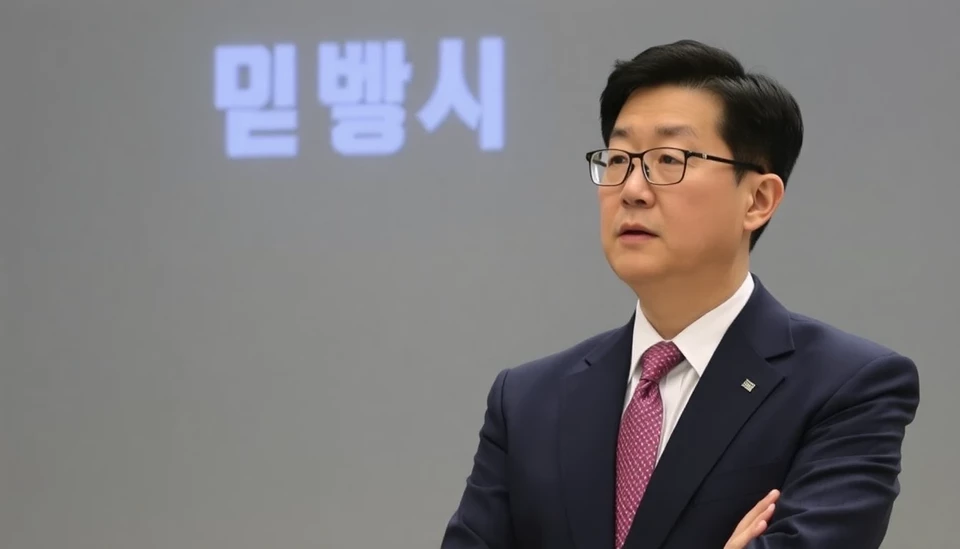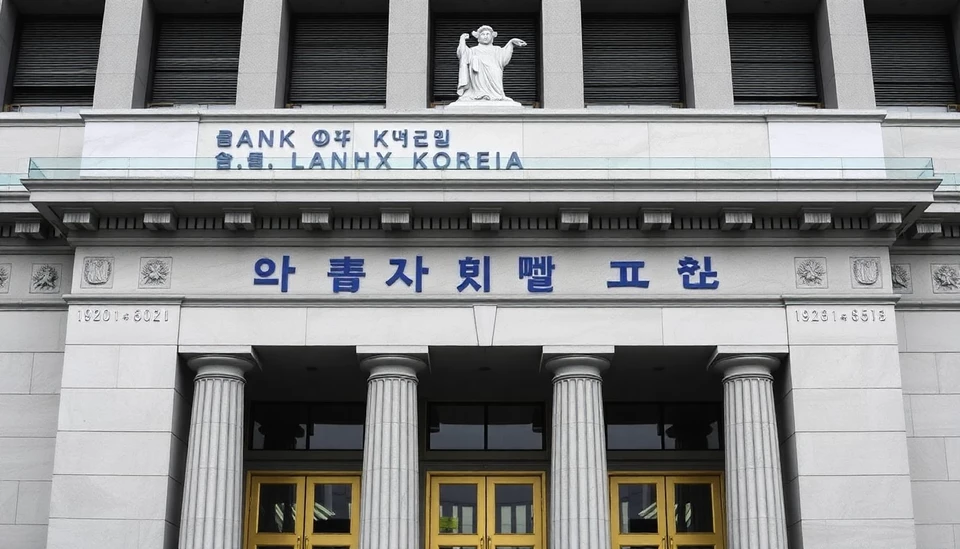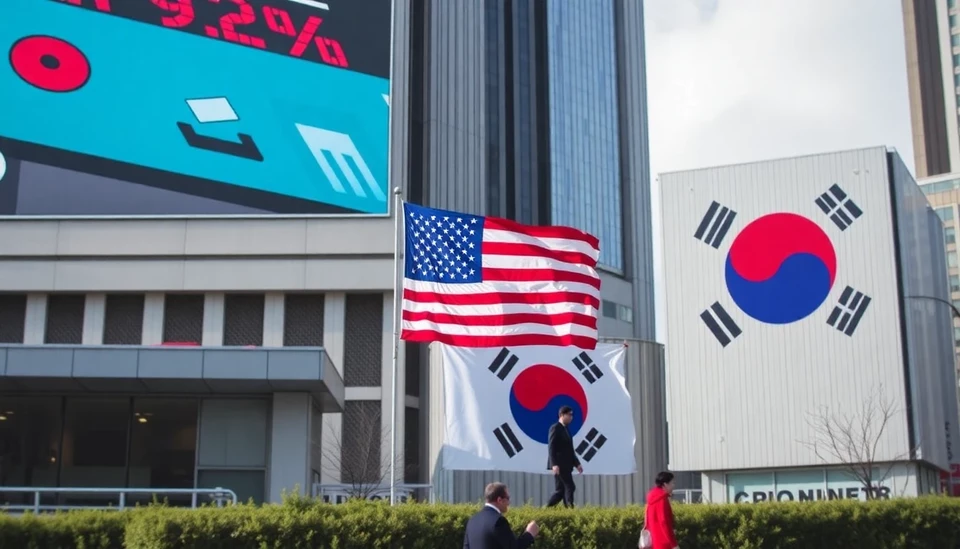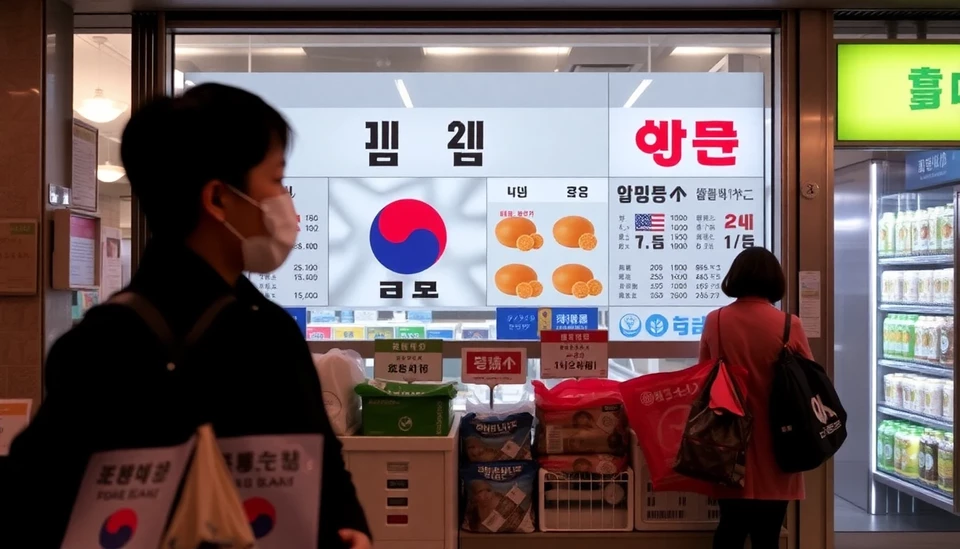
In a statement that may reshape expectations about the future of monetary policy in South Korea, the Governor of the Bank of Korea (BOK), Rhee Chang-yong, has indicated that the possibility of reducing interest rates is slim in light of ongoing political turmoil. Rhee emphasized that the current economic environment and the challenges facing the government play critical roles in the decision-making process regarding rate adjustments.
The backdrop of Rhee's comments is marked by rising tensions within the South Korean political landscape, where different factions are grappling with key issues that have far-reaching implications for economic stability. This political instability raises concerns about how effectively the government can respond to changing economic conditions, thus influencing the BOK’s approach to interest rates.
Rhee's remarks come at a time when many investors and analysts were speculating whether the BOK might unleash a series of rate cuts to bolster the economy, which has been showing signs of weakness. Despite these speculations, Rhee's stance underscores a cautious approach, suggesting that any easing of monetary policy would be tempered by the current political climate. The governor noted that such uncertainty could hinder economic growth, making immediate cuts to interest rates less feasible.
He articulated that while the BOK is committed to achieving its inflation target and supporting economic growth, the interplay between political dynamics and economic indicators necessitates a careful evaluation of any monetary policy shifts. Rhee acknowledged the unease in the market as investors closely monitor both economic data and political developments.
Moreover, the BOK has consistently addressed the need to maintain economic stability, and the divergence in political opinions regarding fiscal spending and structural reform adds another layer of complexity to its monetary policy considerations. Rhee expressed his belief that any potential adjustments should be closely aligned with national economic objectives and should not ignore the implications that political actions might have on the economy.
In light of these complex factors, Rhee's comments suggest that those anticipating immediate rate cuts may need to recalibrate their expectations. It appears that the Bank of Korea will continue adopting a vigilant stance, weighing the internal political climate alongside external economic pressures before committing to any modifications in interest rates.
As the political scene continues to evolve, stakeholders within South Korea's economy will remain vigilant, looking for signals from the BOK regarding future monetary policy directions amid ongoing uncertainties.
In sum, Rhee’s insights provide a clear message: while the Bank of Korea maintains a watchful eye on economic indicators, the broader political landscape will significantly shape its forthcoming decisions on interest rates.
#BankOfKorea #InterestRates #PoliticalUnrest #EconomicPolicy #RheeChangYong
Author: Rachel Greene




